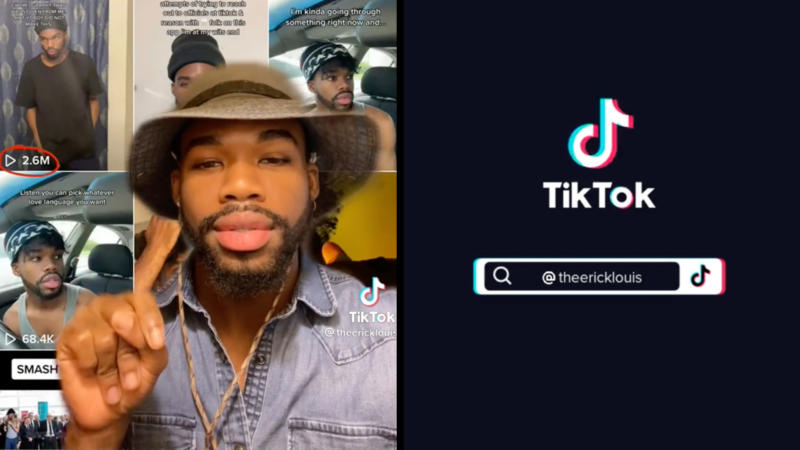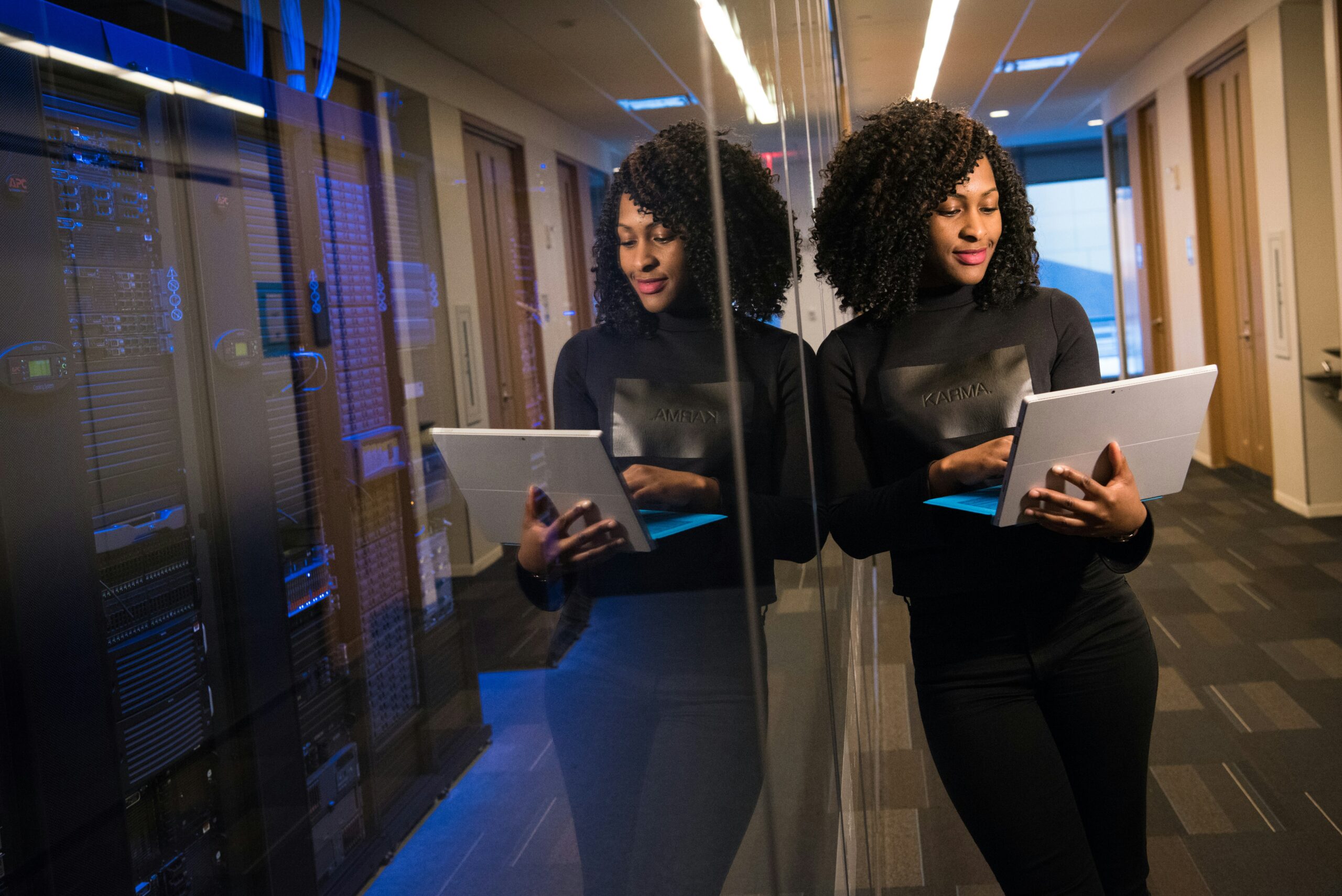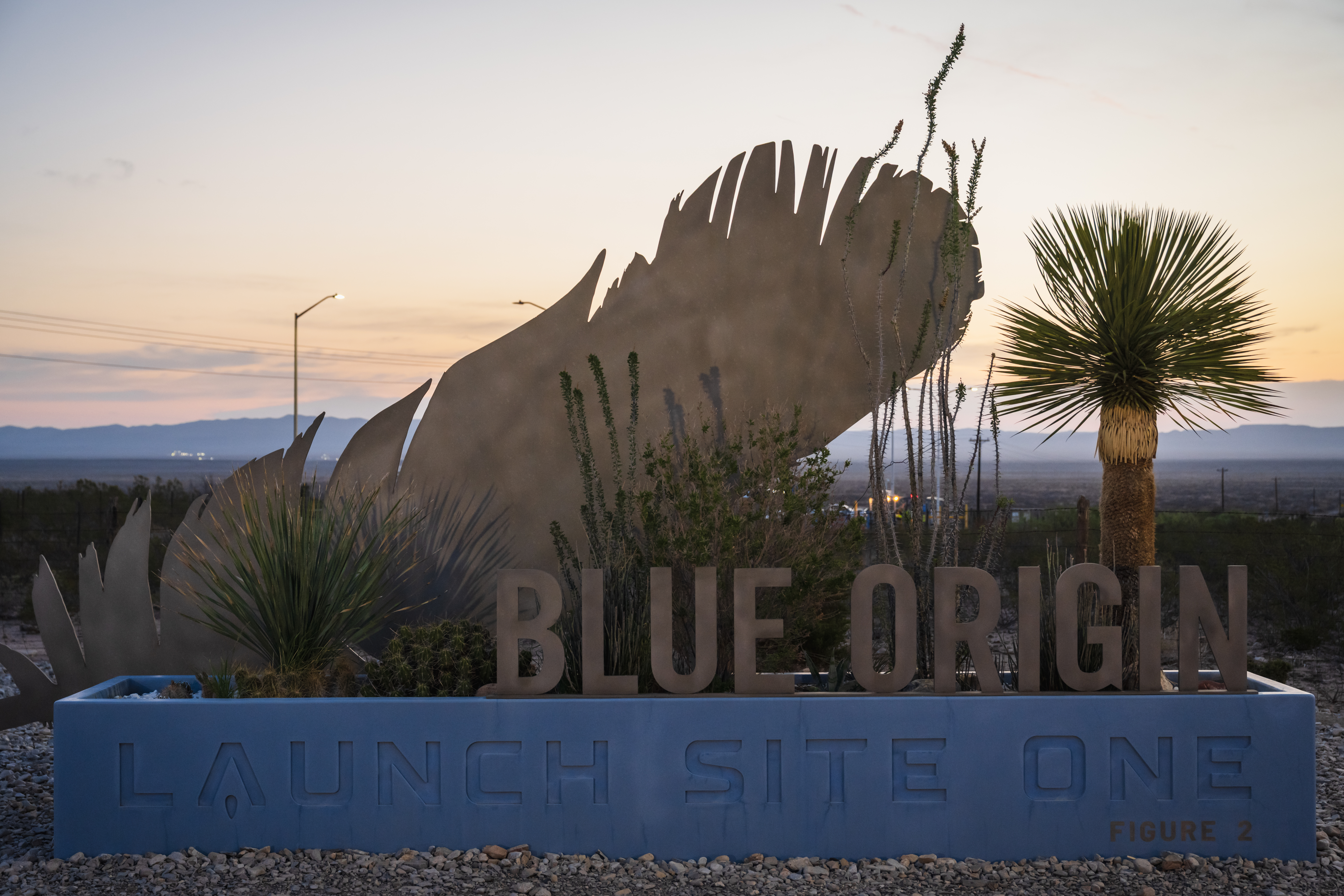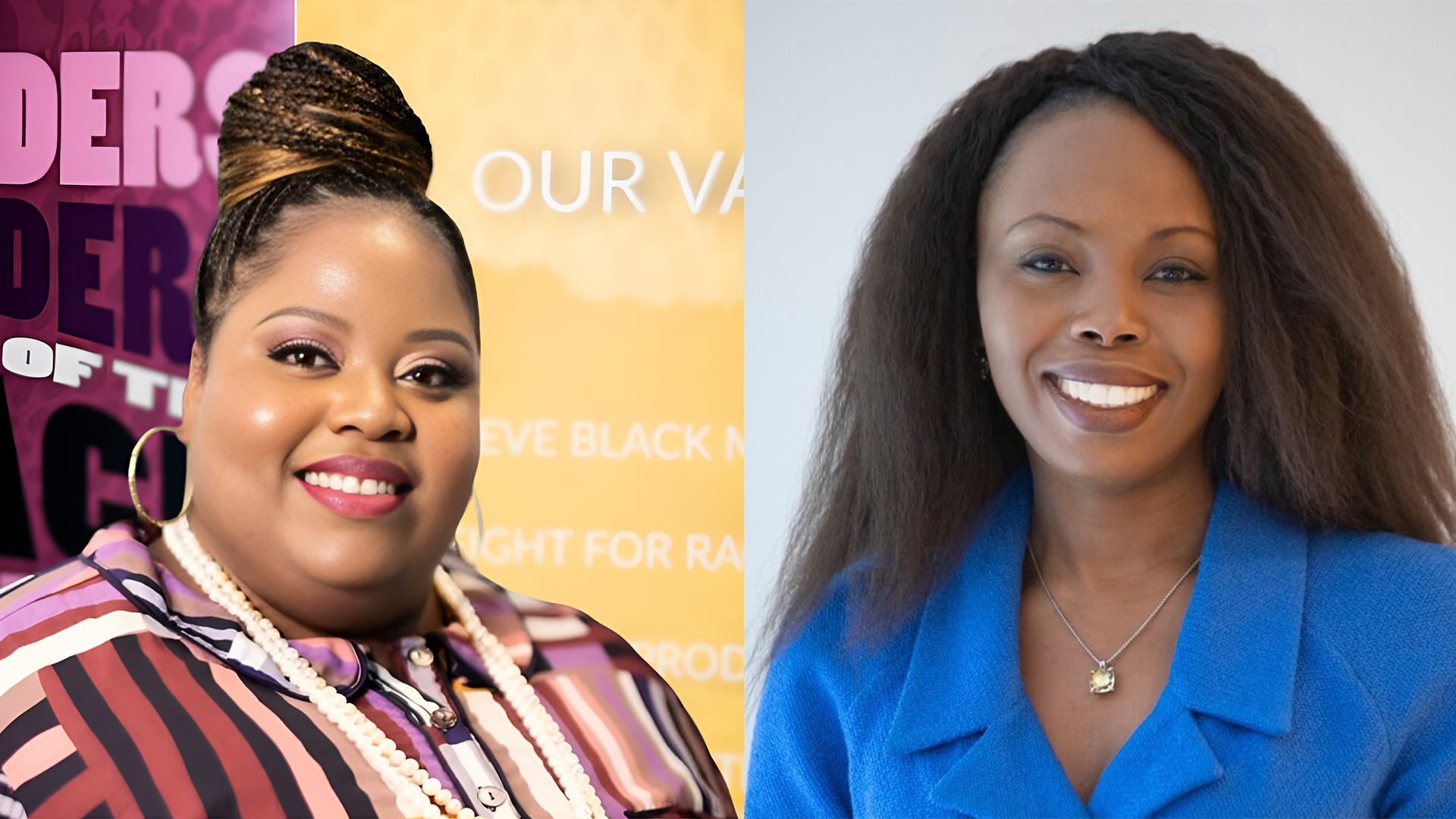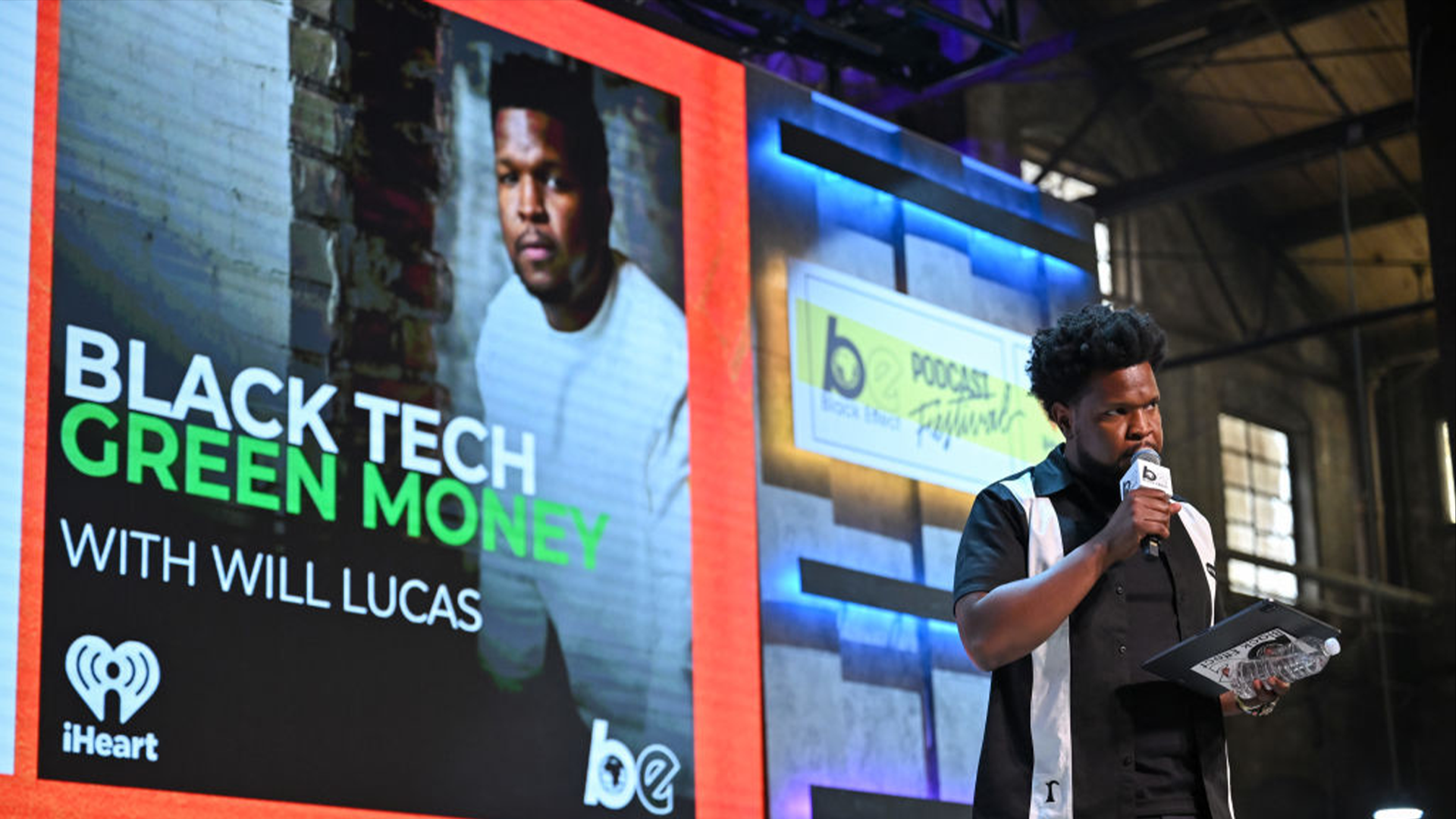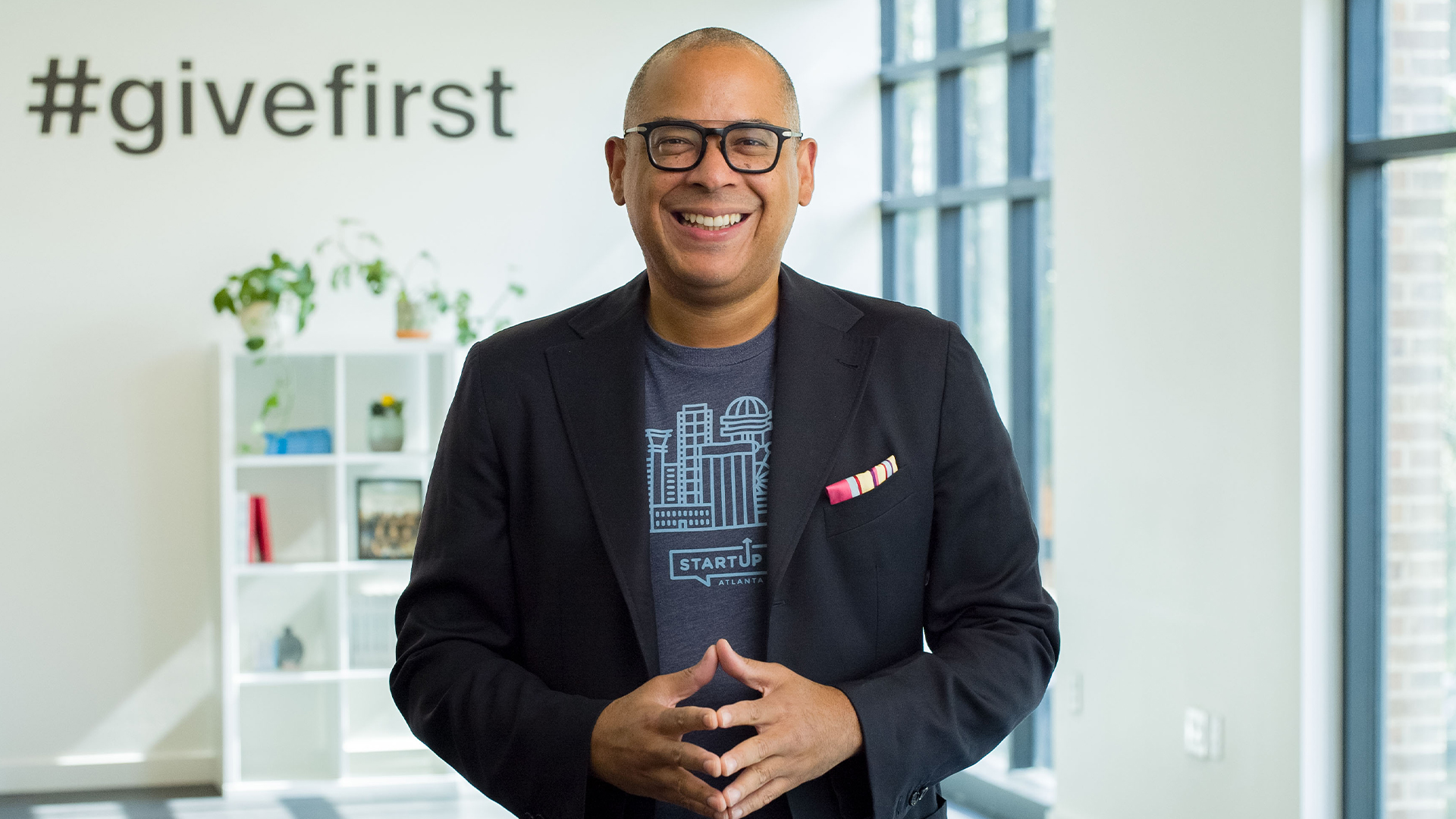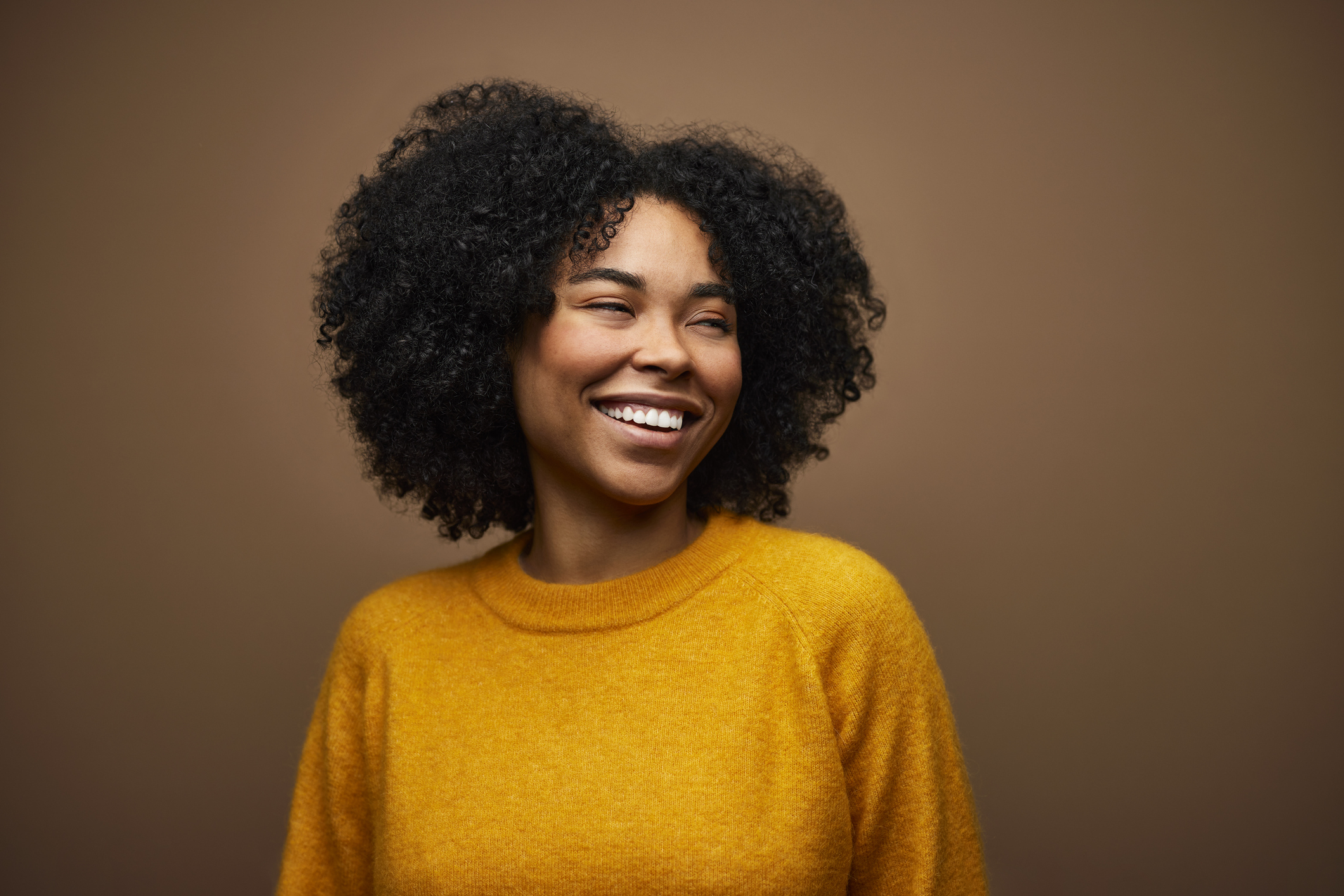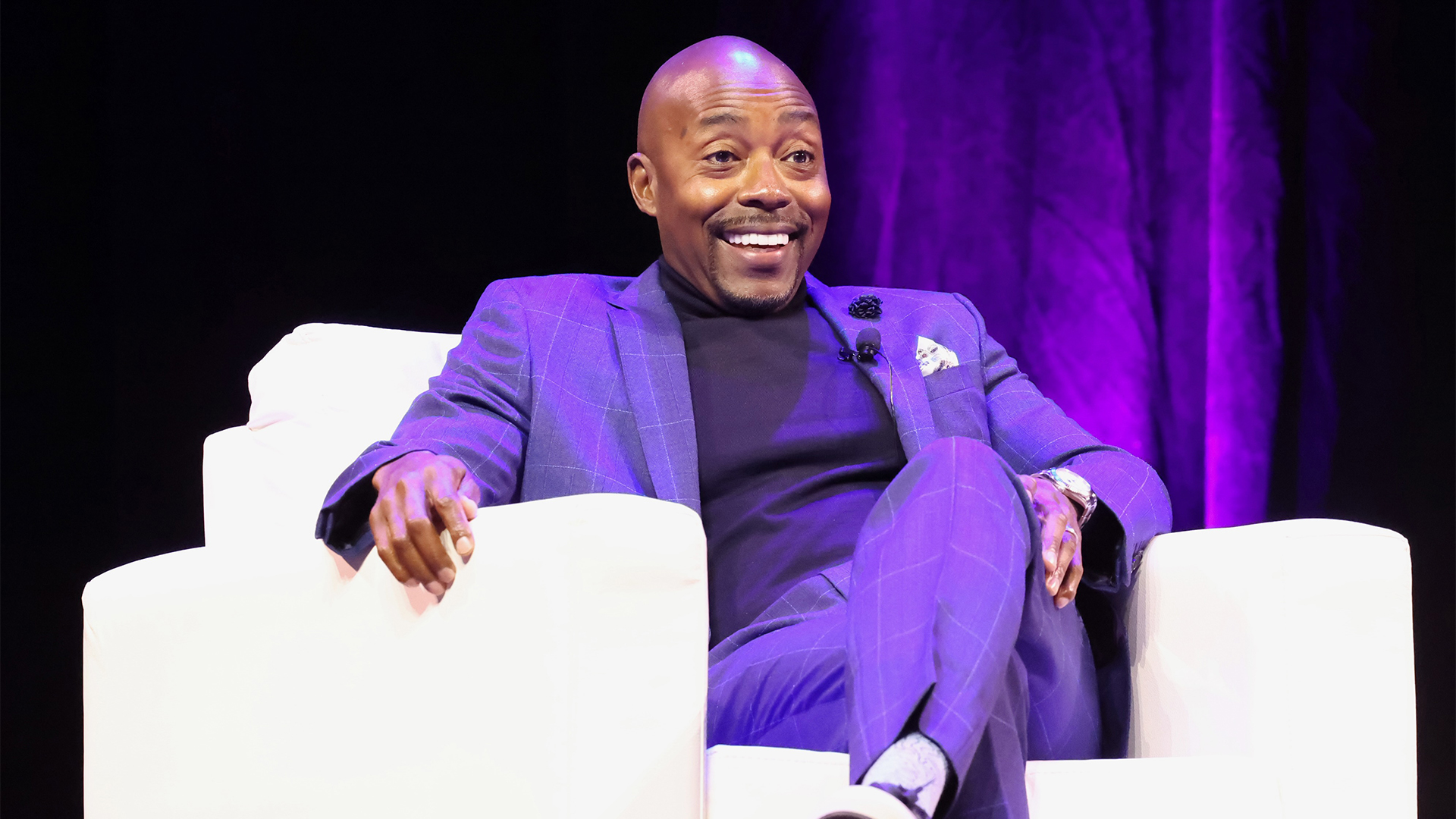The Black TikTok strike made headlines last month after Black creators seemingly refused to create choreography to Megan Thee Stallion’s “Thot Sh*t” single for non-Black TikTokers to steal without giving credit. However, that wasn’t the beginning and end of the strike’s mission.
In fact, the Black TikTok strike was never solely about Black creators refusing to create dances. The real reason for the strike was fueled by users who were fed up and frustrated with the way Black creativity on apps like TikTok is constantly stolen, replicated and profited off of for the benefit of others.
According to TikTok influencer Erick Louis — whose viral video helped spark the beginning of the strike — he originally joined the app back in November because he saw the community being built by Black TikTokers that stirred joy, education and entertainment on the platform.
However, it’s been disheartening for him to see the way Black creators are excluded and taken advantage of while TikTok does little to nothing to protect these users and their creations.
He claims that while the media made the strike out to be a protest spearheaded by Black dance creators on the app, it actually was being led by Black users who wanted to bring attention to the increased appropriation happening in the digital landscape.
“[The media] has framed it as a dance strike, like we just stopped making dances but that was never the case for me,” he tells AfroTech. “It was more so just a statement as a Black creator existing within this digital space. The dynamic that I see displayed on TikTok is the likes of which I’ve never seen before, in terms of how the odds are stacked against us creators. Not only are we having to deal with the anti-Blackness on the app coming from non-Black folk – specifically white content creators – we’re also dealing with algorithmic anti-Blackness that’s embedded in the app that bans videos or [doesn’t allow] you to upload videos that have anything to do with Black content.”
Louis shares that from his perspective, Black dancers on TikTok never completely stopped creating dances to Megan’s new single. But the media attention is now bringing more awareness to a larger issue at hand — Black creativity being shut out and robbed in digital spaces without repercussions.
“When we talk about content suppression on apps like Instagram, YouTube or Twitter, I don’t think it’s as severe as it is on TikTok,” he says. “It seems like there’s like a concerted effort to ostracize Black folk in that space. That’s why I made the video. It just further solidified my point that [people] are only willing to engage with anything made by Black folk when it comes packaged in a whiter or light-skinned body.”
The influencer market thrives as a growing business today because social media users with large followings and influence are able to build livelihoods off content creation. But when intellectual property (IP) is able to be taken without giving others credit for their work — i.e. Addison Rae performing Black creators’ dances on large platforms — it leaves groups like Black creators without a way to profit off of what they’ve created.
Despite reaching out to TikTok officials, Louis was not able to receive a response about his concerns for Black creators on the app. So his new tactic to combat non-Black TikTokers who steal content is to steal their content right back. He says after doing so, those videos generated over one million views in no time.
Watch on TikTok
Though some people suggest that the solution is for Black people to stick to Black-owned spaces that cater to our community, Louis argues that we have every right to occupy other platforms we contribute so much success to.
“Yes, we will [go to Black-owned apps] but we deserve to occupy this space as well, especially since it’s Black creativity that brought so much virality to [TikTok],” he says. “We’ve worked so hard to gain the followers we have and build [our] platforms. I think it’s only fair and fitting that we get a seat at the table.”
The digital diaspora is proof of how Black participation carries some of these platforms. Yet and still, we are arguably the most disrespected, disregarded and unprotected group online. But when others go low, we go high and create the change we want to see in this space.
This is why people like David Pellum II created his own full-service music rights management company, Pellum Publishing. According to Pellum — a copyright and royalties professional — his goal was to help equip artists like Black TikTok creators with the tools they need to protect their IP and likeness from being used without their permission.
Through his company, he’s been able to help choreographers copyright their dance moves and collect unclaimed royalties for content creators. To date, Pellum Publishing shared with AfroTech that it has gathered $505,897 in unclaimed royalties for its clients total.
In addition to those services, Pellum Publishing has also teamed up with digital certificate service Clocr to help creators get timestamp certification on their videos to show proof of ownership — a valuable asset that could’ve protected TikTok creators like Jalaiah Harmon.
“If you don’t have the timestamp, you can’t prove [ownership] to anybody because [at the] end of the day this is the formula,” Pellum tells AfroTech. “I see copyright infringement happening in cases with Black folks that have been [going on] for years, but I figured out a way for my people to get credit and ownership of their intellectual property. That’s why I’m here, to help Black people own their IP.”
Others services — like dance marketplace platform Groovetime — also work to provide alternative solutions for dance creators to own and monetize their creations. The mobile app hopes to incorporate fingerprint technology that will eventually be used to recognize if similar choreography is being used by someone else and credit the original creator to help prevent issues of appropriation.
The digital landscape is a vulnerable place for Black creators. So in cases where our IP is being taken from us, we should have an arsenal of resources ready to shield us from the world’s excessive consumption of Black creativity.
Editorial note: This article has been updated since published.
